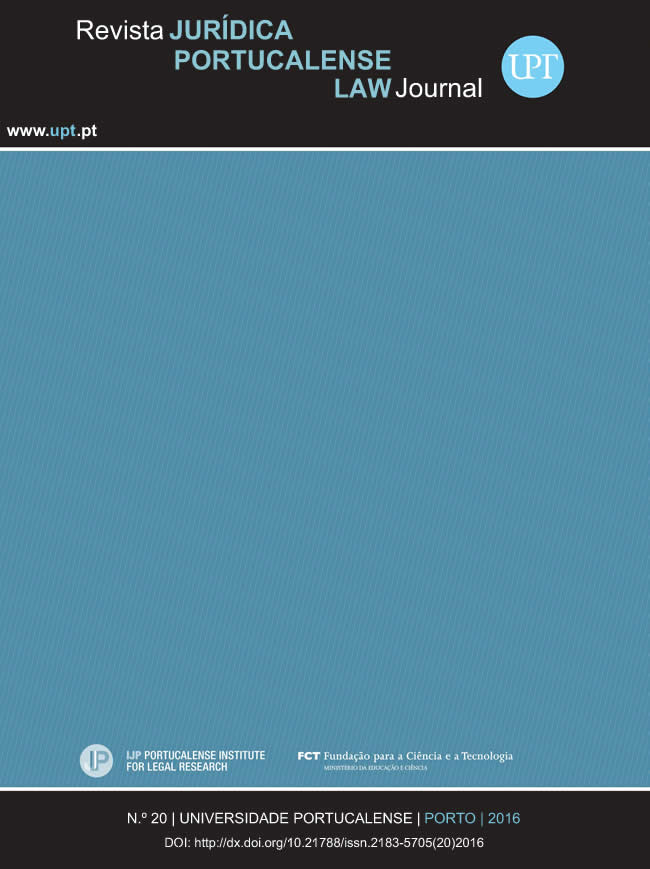The Fundamental Right to Health in Brazil – Theoretical Normative Aspects and Jurisdictional practice
Abstract
The so-called "juridification" of the fundamental right to health, regard to the case law analysis and to the doctrine shows a large existing discussion about it, of how and in what extent may be judicially required material benefits concerning the preservation or restoration of health by the State and - especially by the corporate, national and international bodies, like the pharmaceutical research laboratories -. To this is added the problem of institutional power relations, in particular as regards judicial intervention under the action of the legislative and executive branches, based on the doctrine of separation of powers. In search of a definition and reconstruction of the right to health object, a theoretical intercourse is necessary, in order to establish a dialogue between the judicial and academic development to delimit the scope of protection of right to health in the Brazilian law.Downloads
Additional Files
Published
2016-12-09
How to Cite
Fuhrmann, I. R. (2016). The Fundamental Right to Health in Brazil – Theoretical Normative Aspects and Jurisdictional practice. Revista Jurídica Portucalense , (20), 111–162. Retrieved from https://revistas.rcaap.pt/juridica/article/view/8697
Issue
Section
SCIENTIFIC RESEARCH
License
Authors who published in the journal agree to the following terms:
- The Authors grant the Journal the right of first publication, and other non-exclusive publishing rights, licensed under the Creative Commons Attribution License which allows the sharing of work with recognition of its initial publication in this journal.
- Authors are able to take on additional contracts separately, non-exclusive distribution of the version of the paper published in this journal (ex .: publish in an institutional repository or as a chapter in a book), with an acknowledgement of its initial publication in this journal.
- Authors are permitted and encouraged to post and distribute their work online (eg .: in institutional repositories or on their website) at any point before or during the submission process, as it can lead to productive exchanges, as well as increase the impact and the citation of published work (See The Effect of Open Access).
RJP does not apply submission, publication or any other fees of any nature. Its articles are open access, with the goal of disseminating scientific knowledge and the debate of legal topics in the area of Legal Sciences.






